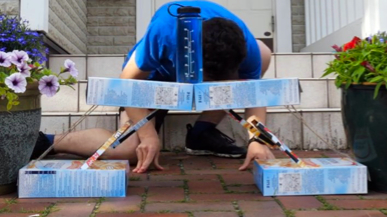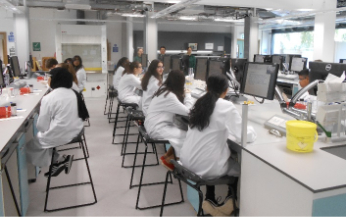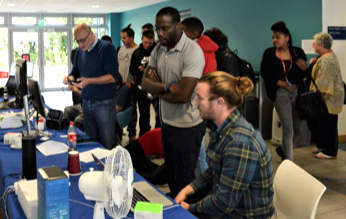Resources
Engaging children and young people in hands-on activities is not only fun but reinforces that STEAM (Science, Technology, Engineering, Arts, Mathematics) are for everybody and are of enormous importance to everyday life.
Parents, carers and teachers are all important in supporting young people, so our resources library provides activities, ideas and other material for all ages both in school and at home.

If you're looking for things to do at home, or projects to run at school, the following resources and organisations may help you.
The Internet has a huge range of ideas and activities. Here we have picked a shortlist of reputable local and national content alongside our own.
We have a large, in-house library of activity packs to suit different needs – much more than is shown here. Please contact us if you'd like to find out more.

Take part in something bigger! The below are all excellent clubs, schemes and competitions that provide hands-on experience and teaching, offer career opportunities and/or reward students' and pupils' work.
These range from days in school, through residential courses, to year-long placements, and cover both primary and secondary age groups.

Most activities require only everyday items, but some projects will require more expensive or specialist materials. How do we ensure that this doesn't disadvantage people?
Help is available: listed below are funding options to mitigate project costs and free apps to support learning where equipment is not available. We also identify low-cost educational suppliers.

Because they are critical to society and the economy, the science, technology and engineering sectors actively seek talented students from schools, colleges and universities.
There are plenty of ways in, including paid placements, apprenticeships and graduate schemes, and unpaid work experience. A selection of options and some basic guidance is below.
